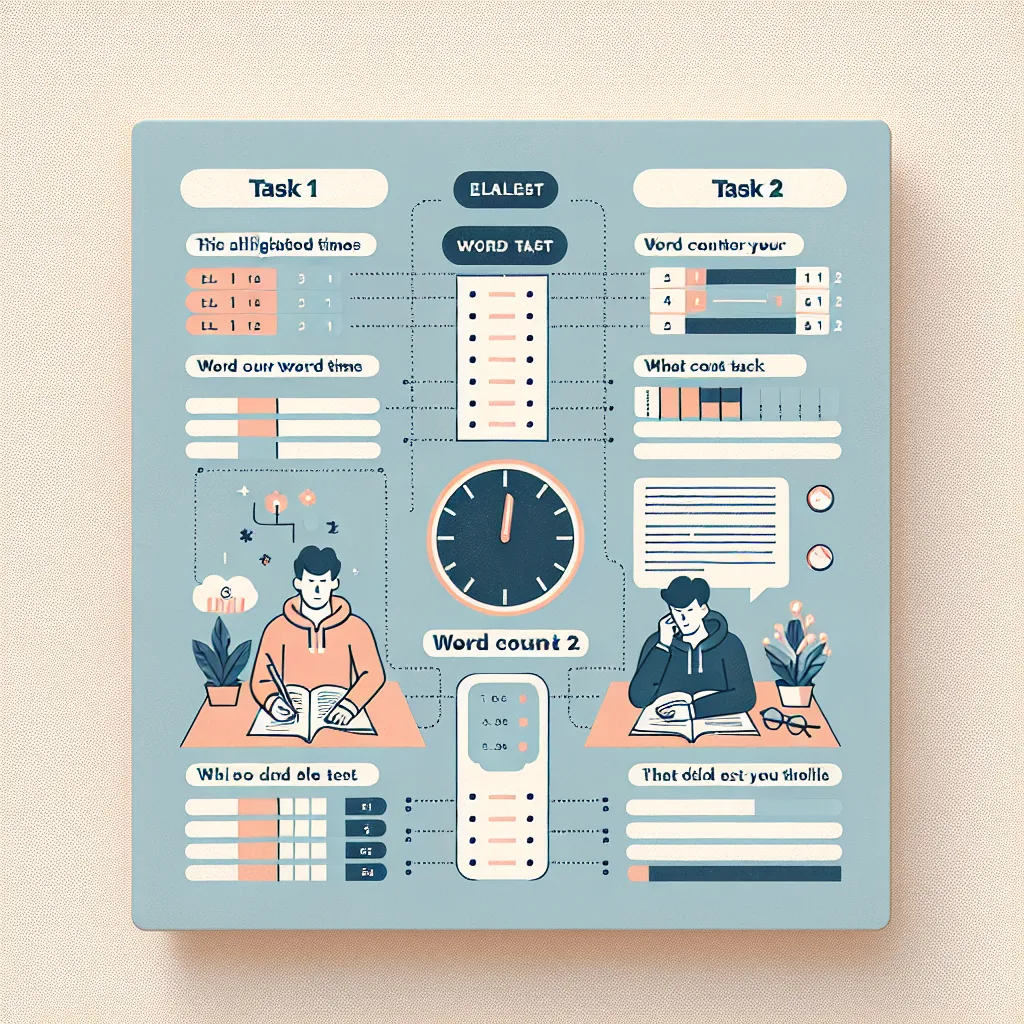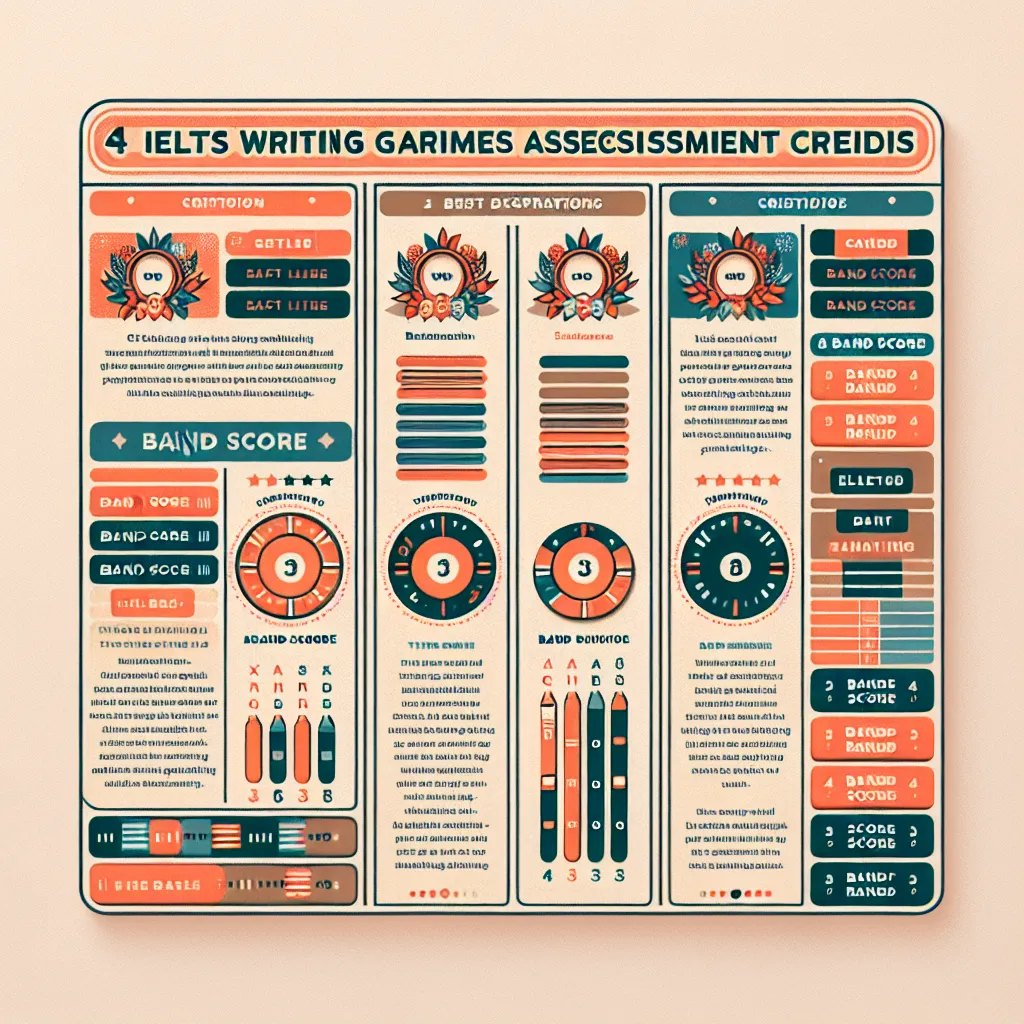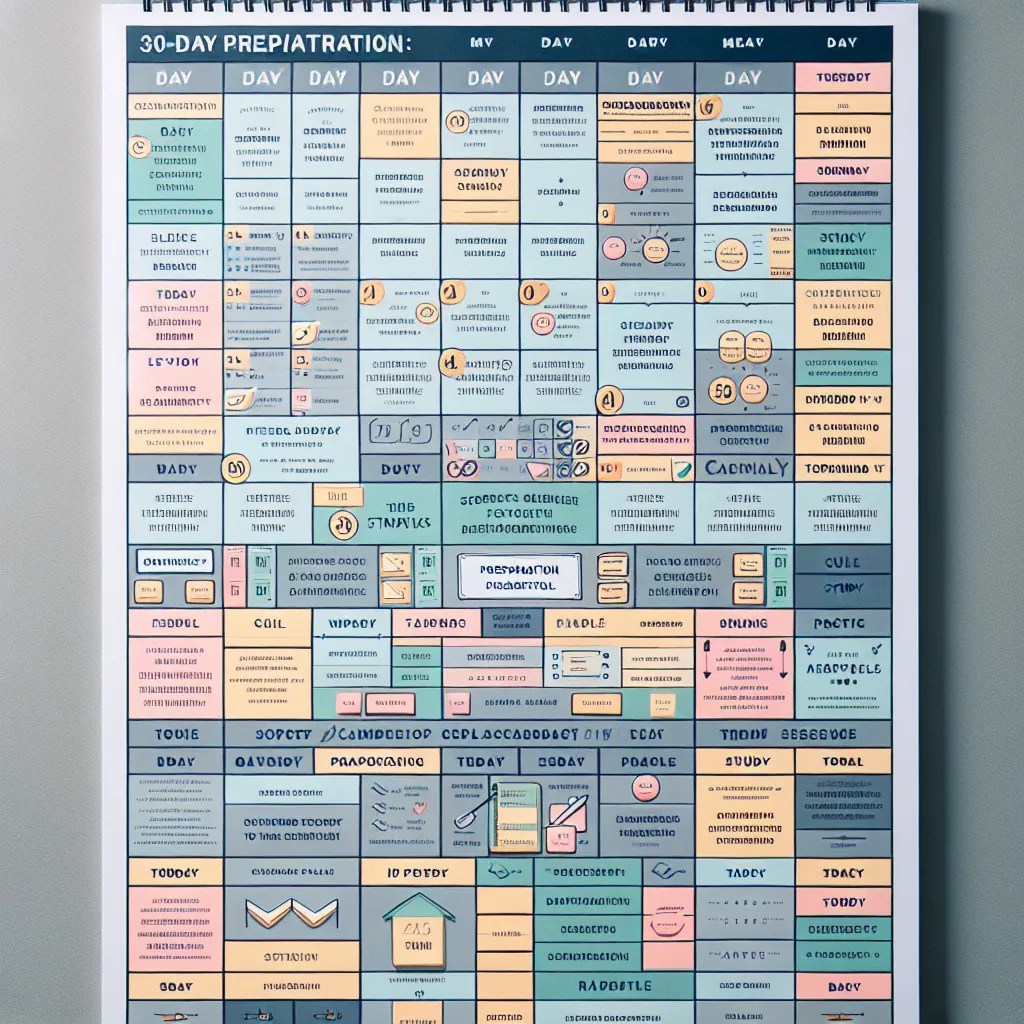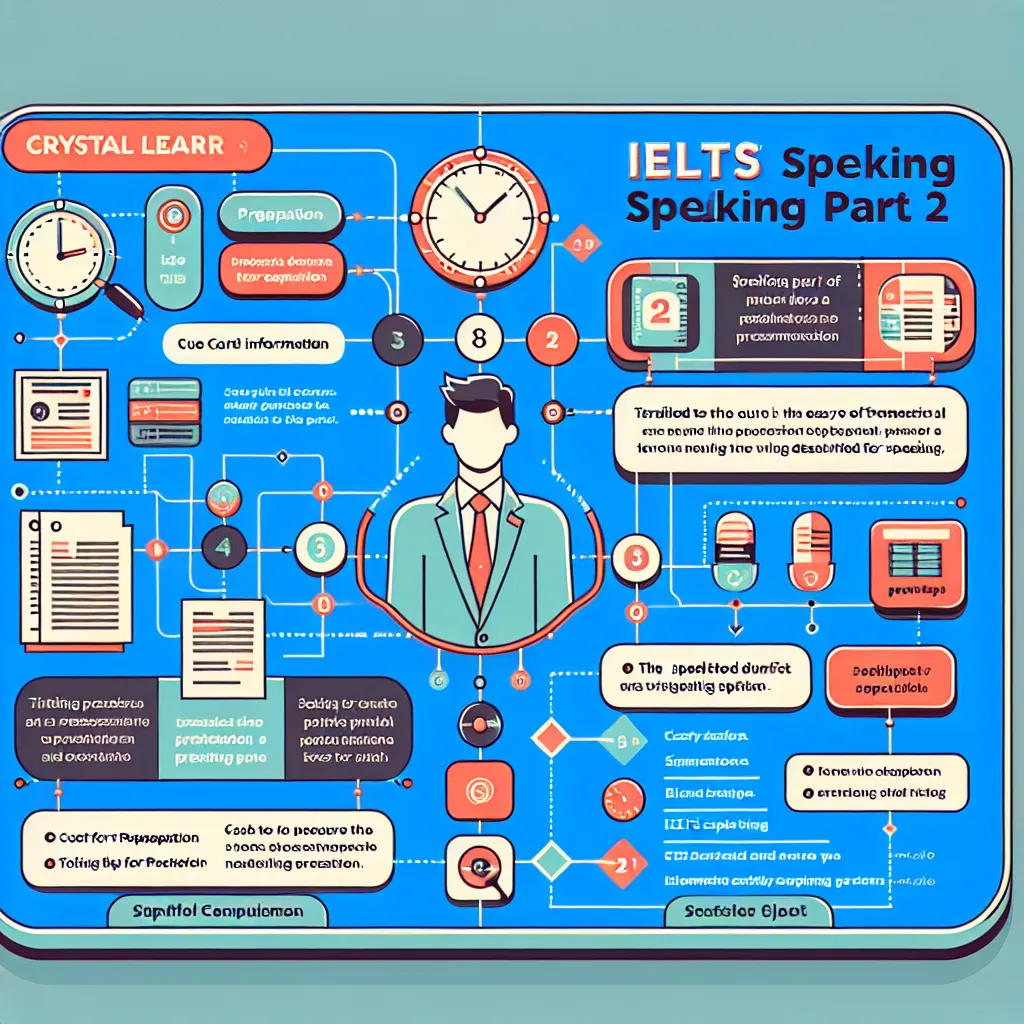Are you preparing for the IELTS exam and wondering how your writing skills will be evaluated? Understanding the scoring criteria for the IELTS Writing section is crucial for achieving your desired band score. In this comprehensive guide, we’ll break down the scoring process, explain the assessment criteria, and provide valuable tips to help you excel in this challenging component of the IELTS test.
Understanding the IELTS Writing Section
The IELTS Writing section is designed to assess your ability to communicate effectively in written English. It consists of two tasks:
- Task 1 (20 minutes): Describe visual information (graph, table, chart, or diagram) in your own words.
- Task 2 (40 minutes): Write an essay in response to a point of view, argument, or problem.
Each task is scored independently, and your overall Writing score is an average of the two task scores.
 IELTS Writing Tasks Overview
IELTS Writing Tasks Overview
The Four Assessment Criteria
IELTS examiners use four main criteria to evaluate your writing performance:
1. Task Achievement (Task 1) / Task Response (Task 2)
This criterion assesses how well you’ve addressed all parts of the task and developed your ideas.
Task 1:
- Accurately describe the main features of the visual information
- Make comparisons where relevant
- Cover all key points
Task 2:
- Fully address all parts of the question
- Present a clear position throughout the essay
- Develop your ideas with relevant examples and evidence
2. Coherence and Cohesion
This criterion evaluates the overall clarity and fluency of your writing.
Key aspects:
- Logical organization of ideas
- Clear paragraphing
- Appropriate use of cohesive devices (linking words and phrases)
- Consistent and accurate referencing
3. Lexical Resource
This criterion assesses your vocabulary usage.
Examiners look for:
- Range and accuracy of vocabulary
- Appropriate word choice
- Spelling
- Word formation
4. Grammatical Range and Accuracy
This criterion evaluates your grammar usage.
Examiners consider:
- Variety of sentence structures
- Accuracy of grammar and punctuation
- Complexity of language used
How Scores Are Calculated
Each of the four criteria is scored on a band scale from 0 to 9, with half bands possible (e.g., 6.5, 7.5). The overall Writing score is an average of these four individual scores, rounded to the nearest whole or half band.
 IELTS Writing Scoring Criteria
IELTS Writing Scoring Criteria
Tips for Improving Your IELTS Writing Score
-
Practice regularly: Familiarize yourself with different types of Task 1 and Task 2 questions.
-
Time management: Allocate your time wisely between the two tasks.
-
Read the question carefully: Ensure you understand and address all parts of the task.
-
Plan your response: Spend a few minutes outlining your ideas before writing.
-
Use a variety of vocabulary: Incorporate less common words and phrases appropriately.
-
Employ diverse sentence structures: Mix simple, compound, and complex sentences.
-
Use cohesive devices: Connect your ideas smoothly with appropriate linking words.
-
Proofread: Leave time to check for grammar, spelling, and punctuation errors.
-
Word count: Aim for at least 150 words in Task 1 and 250 words in Task 2.
-
Handwriting: Write legibly to ensure the examiner can read your work easily.
Common Pitfalls to Avoid
-
Memorized essays: Examiners can easily spot pre-learned responses, which may result in a lower score.
-
Irrelevant information: Stay focused on the task and avoid including unrelated ideas.
-
Repetition: Avoid repeating the same ideas or vocabulary throughout your response.
-
Informal language: Maintain an academic tone and avoid colloquialisms or slang.
-
Overcomplicating: While complex language is valued, ensure your writing remains clear and coherent.
Next Steps in Your IELTS Writing Preparation
Now that you understand how the IELTS Writing section is scored, it’s time to put this knowledge into practice:
-
Take practice tests: Complete timed writing tasks and evaluate your performance using the official criteria.
-
Seek feedback: Have a teacher or experienced IELTS tutor review your writing and provide constructive criticism.
-
Analyze model answers: Study high-scoring sample responses to understand what examiners are looking for.
-
Focus on weak areas: Identify your weaknesses in each criterion and work on improving them systematically.
-
Read extensively: Expose yourself to a wide range of English texts to improve your vocabulary and grammar naturally.
Understanding the scoring process for the IELTS Writing section is a crucial step in your exam preparation. By familiarizing yourself with the assessment criteria and implementing the tips provided, you’ll be well-equipped to showcase your best writing skills on test day. Remember, consistent practice and targeted improvement are key to achieving your desired band score. Good luck with your IELTS journey!




